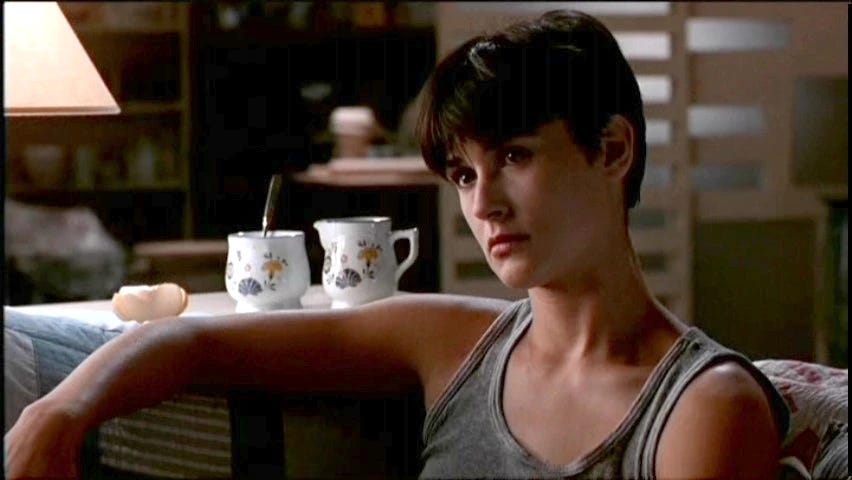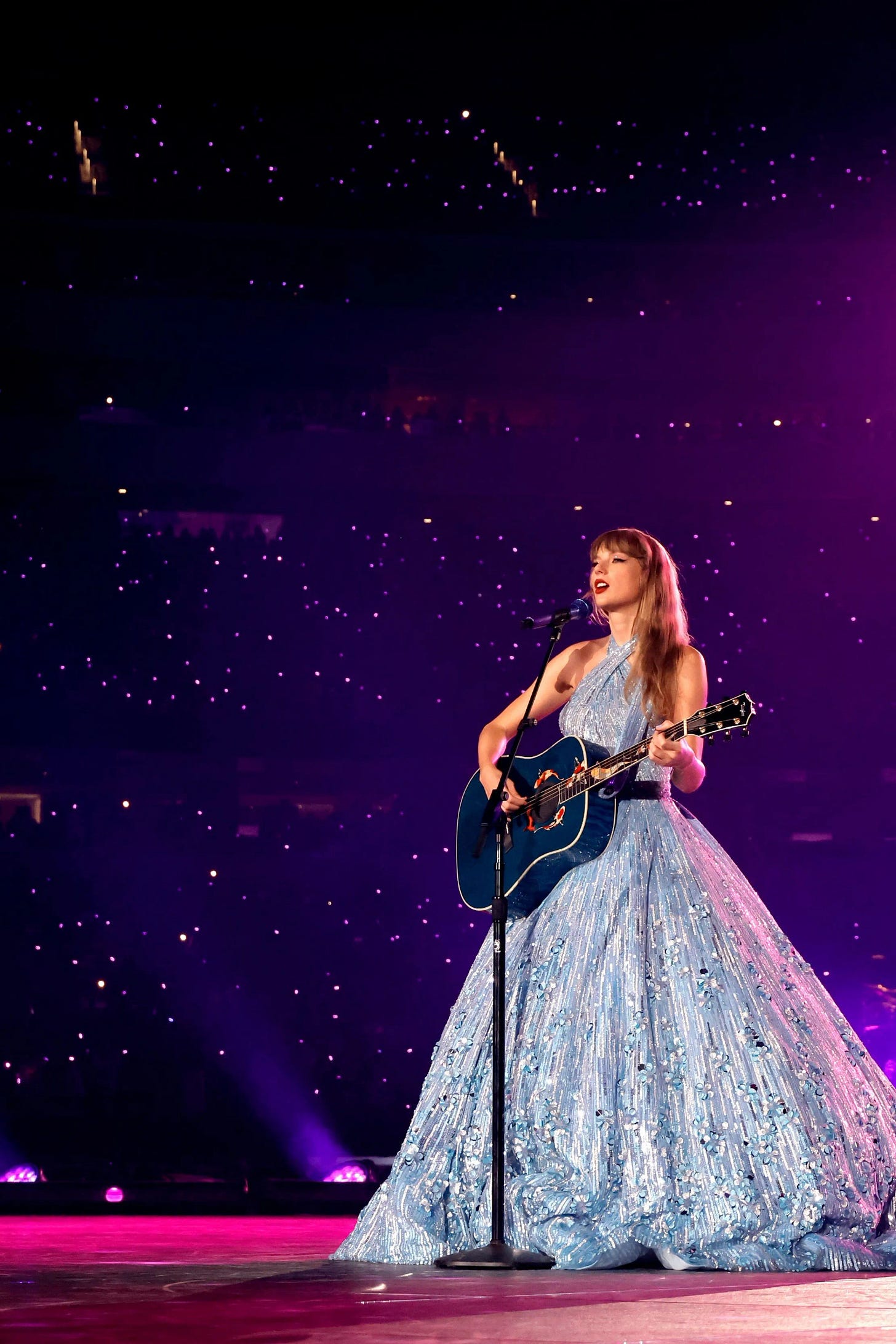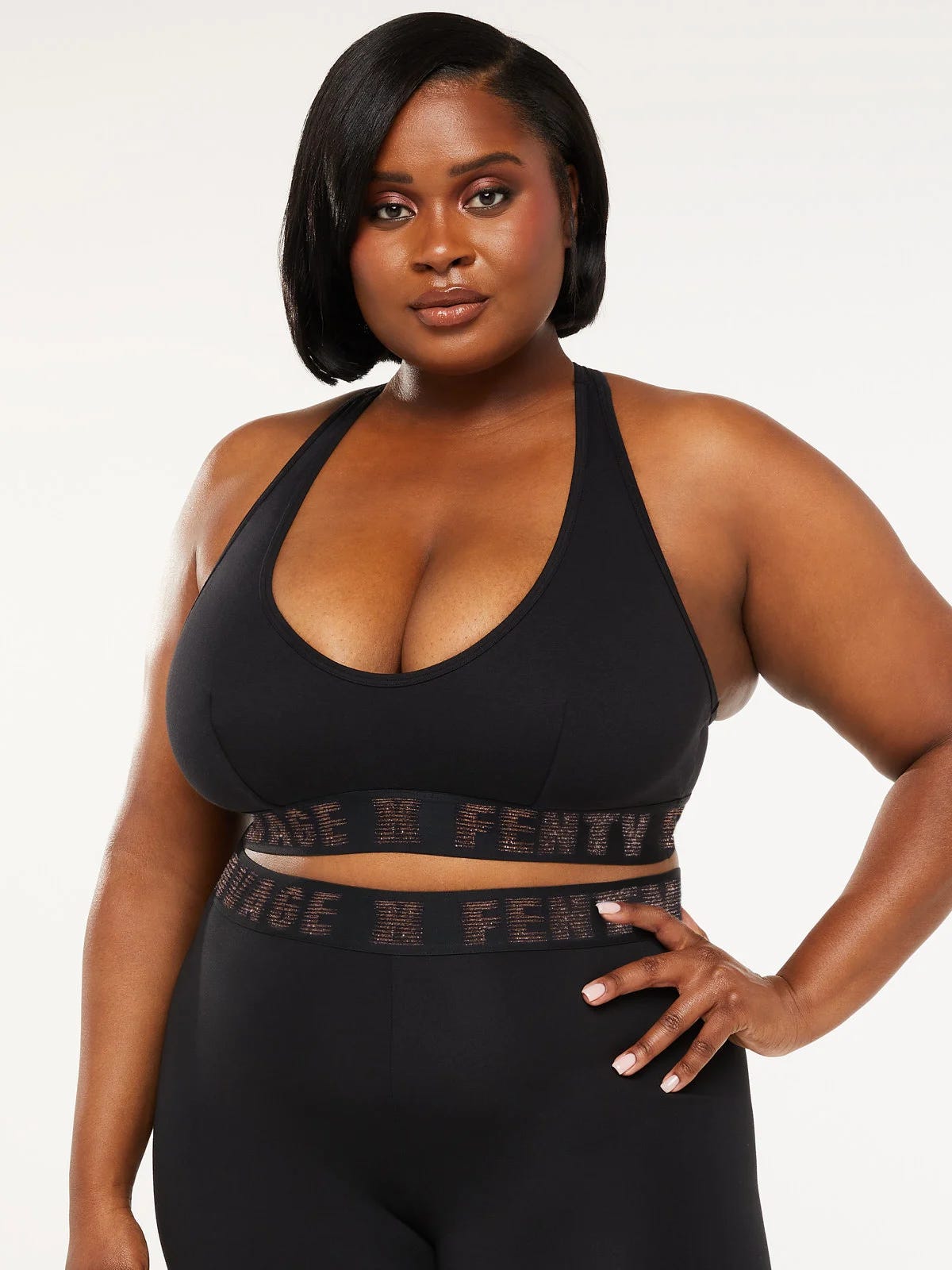Hello to my new readers! I’m so happy you’re here. An essay I wrote on trying to read while depressed was featured on The Books That Made Us earlier this month and I got a little bit of a subscriber influx. I hope y’all are eager for more depression because it’s a frequent topic ‘round these parts!
Sad
I don’t listen to a lot of podcasts but one I consistently return to is You Must Remember This, a podcast about film in the twentieth century. Host Karina Longworth’s feminist take on cinematic history is engaging and insightful. She did a long series on all the erotic thrillers of the 90s which I particularly enjoyed and recommend, and when I got to the one on Crash (1996), it sounded so weird and controversial that I knew I needed to watch it first before hearing any more of the podcast. Based on J.G Ballard’s 1973 book of the same name, Crash was inspired by the unexpected death of Ballard’s young wife, causing a grieving Ballard to reflect on the startling meaninglessness and unknowableness of life. David Cronenberg’s film is a largely faithful adaptation of the novel, though updated for the 90s. I will say that the film still feels contemporary, there is little about it that dates it stylistically or in subject matter.
I felt alternately bemused and disturbed while watching Crash. It was the last cinematic release to be given an NC-17 rating and is, essentially, what I would call non-erotic pornography. It is telling a story through pornography, but the point isn’t to turn you on. Almost the entire film is one sex scene after another. Following a group of people bound by their erotic fixation on cars and car accidents, I would sum Crash up by saying that it is about what happens when you devote yourself so throughly to a fetish/addiction that your entire life is subsumed by it, until you have killed yourself and become only a vessel for the fetish itself. You could extrapolate from there what kind of fetish/addiction Crash is commenting on, be it literal or metaphorical, but there’s many essays out there already exploring that. I highly recommend Longworth’s episode on Crash for a more in depth take than I provide here.
What really grabbed me about Crash was its depiction of disabled and disfigured bodies. Director David Cronenberg is well known for his interest in body horror. And let me get it out of the way that every major actor in Crash is thin, white and conventionally attractive. But even still, fronting scarred and mutilated bodies, bodies in braces, casts, permanently altered bodies, as not just sexually desirable, but showing those people pleased with and peacocking their disfigurement, is still pretty radical almost thirty years after this film was released. Sex with disability, on screen or off, is an aspect of sexuality we are still not comfortable talking about or seeing.
In fact, for the characters in this film, their sexuality was heightened and awakened by trauma and disability, scars and surgery. Their wounds and mutilations becoming not something to hide, but a focal point of sexual desire. They want more injuries, more damage to their bodies. In particular the character of Gabrielle, played by Rosanna Arquette, who wears a full body orthopaedic suit that gives the effect of BDSM gear, externalises her injuries, showing herself not as diminished by disability but as proudly evolving her body, her sexual self, in harmony with it. Stephan Dupuis, the special effects and makeup artist for Crash, built Gabrielle’s costume using real braces and prosthetics intended for orthopaedic use.
If you listen to the podcast episode on Crash, Longworth gets into the various scandals Crash caused upon release, particularly in the UK, where horror struck demands were made that the film be banned unless scenes showing sex with Gabrielle were cut. A Daily Mail article decrying the film used the phrase “sex with cripples” (nice work.), which rallied the disabled community in support of the film, as they were far more offended by the shock over a film showing sex with disabled people than they were by the film itself. Disabled people were not interested in abled people’s pity or pearl clutching on their behalf. On the character of Gabrielle, Cronenberg had this to say: “She's not saying, 'I should hide myself away.' She's saying, 'My disfigurement is not disfigurement, it's a transformation and a mutation and it can be sexual.' "
Famous
I watched Andrew McCarthy’s 2024 documentary, Brats, about the “Brat Pack” of which he was a part. These were a group of young, popular actors who often starred in films together during the 1980s. McCarthy feels this label derailed his career and opportunities and trapped in him in a place and time he could never escape. The documentary is not particularly deep, but is entertaining, as a long therapy session for McCarthy where he talks to other Brat Pack members and comes to accept the label as a privilege, not a burden. The person who I thought had the most interesting things to say was Demi Moore, endeavouring to help McCarthy reframe his perspective with what sounded like a lot of personal experience in growth work. I remembered the afore mentioned Karina Longworth had recommended Moore’s biography as a good one and picked it up on audiobook.
Inside Out is a to-the-point memoir in which Moore neatly lays out the major events of her life with little mincing of words. It was ghost written by journalist Ariel Levy, a staff writer at The New Yorker. The majority of the book is about Moore’s parentified childhood as the daughter of out of control hustlers and maniacs in Roswell, New Mexico and her brutal coming of age among their total chaos, particularly her abusive mother. This framing makes the events that follow— addiction, two over the top marriages in which she dissolves herself, a penchant for both total self sufficiency and total conformity, a frosty and changeable view in the public eye, a return to addiction—line up like dominos. It’s a compelling narrative that doesn’t lose itself once it steps beyond childhood, as so many memoirs do.
Moore is self aware and unflinching when looking at herself and her actions, though not without blind spots. She claims to have cured herself of her eating disorder and exercise addiction, but by her constant referencing of weight throughout the book, it’s clear this is something she still struggles with in a somewhat oblivious state. And awful as her childhood was, perhaps the most painful section of the book is her marriage to Ashton Kutcher. Famously marrying when Moore was 42 and Kutcher was 25, listening to Moore read her memoir, you can hear the high in her voice recalling crashing like a tidal wave into ‘soul mate’ Kutcher. They endured a late term pregnancy loss which drove her into an obsession with pregnancy, his infidelity, her starting to drink and use drugs again so as to be able to party with him, and opening up the relationship to third partners at his insistence, before Kutcher said he wanted out, something which clearly still devastates and mystifies her. Perhaps this is coloured a bit for me by the fact that I have always viewed Kutcher as something of a human barf bag.
However, the loss of her second marriage, relapse and subsequent estrangement from her daughters was the catalyst which brought clarity about what kind of person her childhood set her up to be, what she had to do to accept that and how she needed to change it. I admired her and Bruce Willis’ ongoing devotion to each other as partners who shared children and I admired her determination not to succumb to her darkest self. More proof no one is happy and there is no level of wealth or beauty that trauma and self loathing bows to.
I watched the Eras Tour on Disney+ and thought it was just ok. Swift has improved as a performer since the Reputation tour—which I found boring and didn’t make it all the way through. She comes across here as more comfortable as a pop star, with all the attendant dancing and flashiness. However, with the cultural full eclipse of the Eras Tour, it literally causing multiple earthquakes and people on my timeline expressing concern that by not going to it they missed out on a once in a millennia event, I expected to be a bit more wowed. The best thing about it was the comfort and coziness of all these familiar songs, combined with a loudly singing, participatory audience who seemed like they were having the funnest time of their whole life. Some guy on Bluesky trashed me for saying so but, Beyoncé at Coachella, Taylor ain’t and never will be (also she doesn’t need to be). She’s not a triple threat force of nature as a performer, a phenomenon you can’t rip your eyes from. She’s not a goddess, she’s your BFF. And taken in that vein, the show was alright.
I think part of why the Eras Tour left me a bit cold is summed up well in this article. In it the author discusses how Swift’s cultural dominance is starting to feel alienating, her hustling to remain at the top a little silly, endlessly releasing new versions of her latest album, potentially to keep other artists out of the number one spot. She’s a billionaire now who doesn’t want people to know how much she flies in her private jet. I thought the whole thing of demanding writing credit on Olivia Rodrigo’s songs and Rodrigo losing millions in royalties as a result was pretty petty— she seems fixated on who will “come for my job”, who will be the next her. Why? She’s so beloved, she’s the most famous person on earth, like what more can be done? Also, she seems kind of unhappy, does she really want to cement herself in place at the top? When I found out she added a TTPD era to the Eras Tour and was now performing ‘I Can Do It With a Broken Heart’ live, I balked. Performing a song to her rapt, devoted fans about how she’s faking all her joy for them?? Something about it is starting to feel both jaded and insatiable. We’re entering Alexander wept for there were no more worlds to conquer territory.
Good Stuff
In my March newsletter I recommended Caudalie Vinosource-Hydra Overnight Recovery Oil as my go-to nightly face oil. I ran out of my bottle a couple weeks later and went to get more and saw Caudalie no longer makes it. A very short lived recommendation! However, I then discovered Byoma and they’re great! More affordable than Caudalie and their entire concept is prioritising the skin barrier which is ideal for me, the most sensitive person in the world. They use a lot of jojoba oil which I am trying to incorporate more because it is a close match for human sebum. Also the packaging is cute which is a nice bonus.
I needed some shorts for summer and found some through Savage X Fenty, Rihanna’s clothing line, and they were doing a promotion or something and threw in this free bra, which I had very low expectations for. Reader, the Forever Scoop Neck Bralette is the best light support bra I’ve ever worn. Not only is it very comfortable, with a racer back design that works well under a tank, but it is the one and only sport bra type bra I’ve ever put on and felt sexy in. The titties look good! No squashed cleavage mono boob, flattering cut, decent support. I’ve since purchased it in two more colours because it’s the only bra I reach for now when I want something non-wired.









earthquakes!?!?!?!?